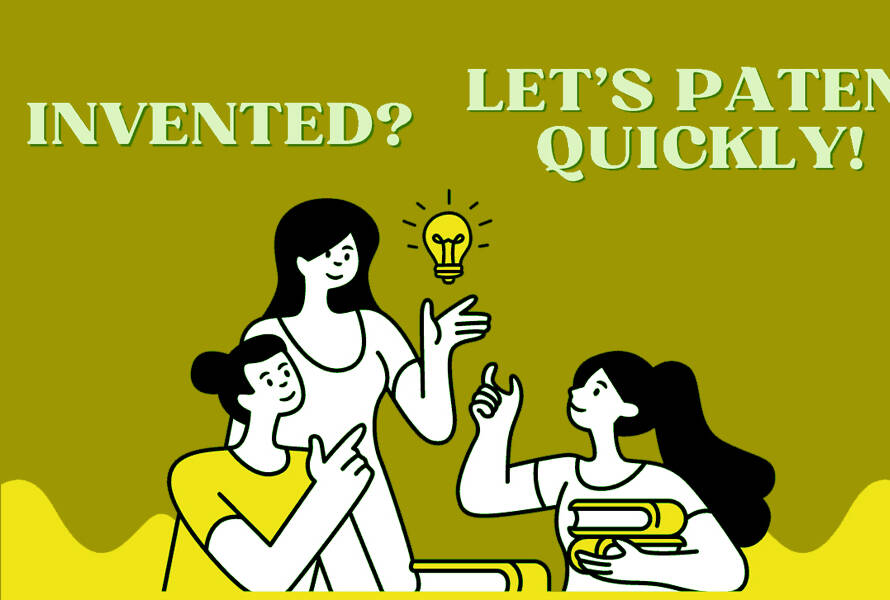Section 3 and Section 5
By Kuber Wagle, Principal Associate and Ruddhi Bhalekar, Associate
Pathapati Subba Reddy (Died) By L. Rs. & Ors. Versus The Special Deputy Collector (LA) Corum- Hon’ble Justice Bela M. Trivedi and Hon’ble Justice Pankaj Mithal
Brief facts
The present appeal pertains to a certain land acquired in the year 1989 in village Gandluru, District Guntur, Andhra Pradesh and the award offered in lieu of the said acquisition. Being unsatisfied of the compensation awarded, there was a reference made under section 18 of the Land Acquisition Act before the Court of Addl. Senior Civil Judge, Gudur. During the pendency of the said reference, out of the 16 Claimants, Claimant Nos. 1, 3 and 11 passed away. The Appellant herein is one of the legal representatives of the Claimant No. 11. An order dated 24th September 1999 came to be passed whereby the aforesaid reference along with some other references came to be decided vide common judgement. Consequently, the Appellant, being the surviving daughter of Claimant No. 11, was the only one to file an appeal before the Hon’ble High Court. The said appeal was filed after a delay of 5659 days (i.e. over 15 years) and the explanation for such delay as stated in her delay condonation application supported by an affidavit was that she had no knowledge of the above reference since she was living in her matrimonial house and it was only on 28th May 2015 when one of the grandsons of the said daughter of the deceased claimant visited the office of the L.A.O. for the purpose of obtaining submersion certification to secure a job that he came to know the reference which was dismissed on 24th September 1999 whereupon the proposed appeal along with an application to condone the delay was filed. The Hon’ble High Court not being satisfied by the explanation furnished in the appeal refused to condone delay in filing proposed appeal and consequently dismissed the appeal vide order dated 18th January 2017 (“impugned order”). The present appeal is being filed by the Appellant against the impugned order.Issue for consideration
Whether the court was justified in refusing to condone the delay in filing the proposed appeal and to dismiss it as barred by limitation in view of the facts & circumstances?Findings of the Court
Considering, the facts and circumstances, the division bench of the Hon’ble Supreme Court while deciding the said appeal observed certain key principles governing the Limitation Act, 1963 (“Act”). One of such principles is enshrined in the legal maxim “interest reipublicae ut sit finis litium” i.e., it is for the general welfare that a period of limitation be put to litigation. The Hon’ble Court observed that public policy requires that there should be an end to the litigation otherwise it would be a dichotomy if the litigation is made immortal vis-a-vis the litigating parties i.e. human beings, who are mortals. In the present appeal, the Hon’ble Court took note of two provisions of the Act in particular i.e., section 3 and 5 of the Act. It is clear that the power under section 3 of the Act is discretionary in nature and the power may not be exercised by the Hon’ble Court even if sufficient cause is shown based upon host of other factors such as negligence, failure to exercise due diligence, etc. Over the years, the courts in India have taken different approaches while condoning the delay which is apparent from the several cases referred to while deciding the present appeal. Following are the principles adopted by the courts while considering condonation of delay:-
- Law of limitation is based upon public policy that there should be an end to litigation by forfeiting the right to remedy rather than the right itself;
- A right or the remedy that has not been exercised or availed of for a long time must come to an end or cease to exist after a fixed period of time;
- The provisions of the Limitation Act have to be construed differently, such as Section 3 has to be in a strict sense whereas Section 5 has to be construed liberally;
- In order to advance substantial justice, though liberal approach, justice-oriented approach or cause of substantial justice may be kept in mind but the same cannot be used to defeat the substantial law of limitation contained in Section 3 of the Limitation Act;
- In order to advance substantial justice, though liberal approach, justice-oriented approach or cause of substantial justice may be kept in mind but the same cannot be used to defeat the substantial law of limitation contained in Section 3 of the Limitation Act;
- Courts are empowered to exercise discretion to condone the delay if sufficient cause had been explained, but that exercise of power is discretionary in nature and may not be exercised even if sufficient cause is established for various factors such as, where there is inordinate delay, negligence and want of due-diligence;
- Merely some persons obtained relief in similar matter, it does not mean that others are also entitled to the same benefit if the court is not satisfied with the cause shown for the delay in filing the appeal;
- Merits of the case are not required to be considered in condoning the delay; and
- Delay condonation application has to be decided on the parameters laid down for condoning the delay and condoning the delay for the reason that the conditions have been imposed, tantamount to disregarding the statutory provision.
Analysis
The power to condone delay is a discretionary power vested with the Hon’ble Courts and said discretion may not be exercised by the Hon’ble Court in the event there has been negligence, want of due-diligence, etc on the part of the Appellant. Although, few courts have over the years taken a liberal approach or justice-oriented approach while condoning delay. However, the same cannot be not a grundnorm while deciding such applications. The Hon’ble Supreme Court also noted that upon the expiry of period of limitation prescribed for filing an appeal there is a finality that accrues in favour of the decree-holder which is binding and substantial rights are created thereto which cannot be disturbed without due cause. In view of the above, it is to be noted that mere sufficient cause is not the factor for condonation of delay– Kuber Wagle, Principal Associate Ruddhi Bhalekar, Associate




